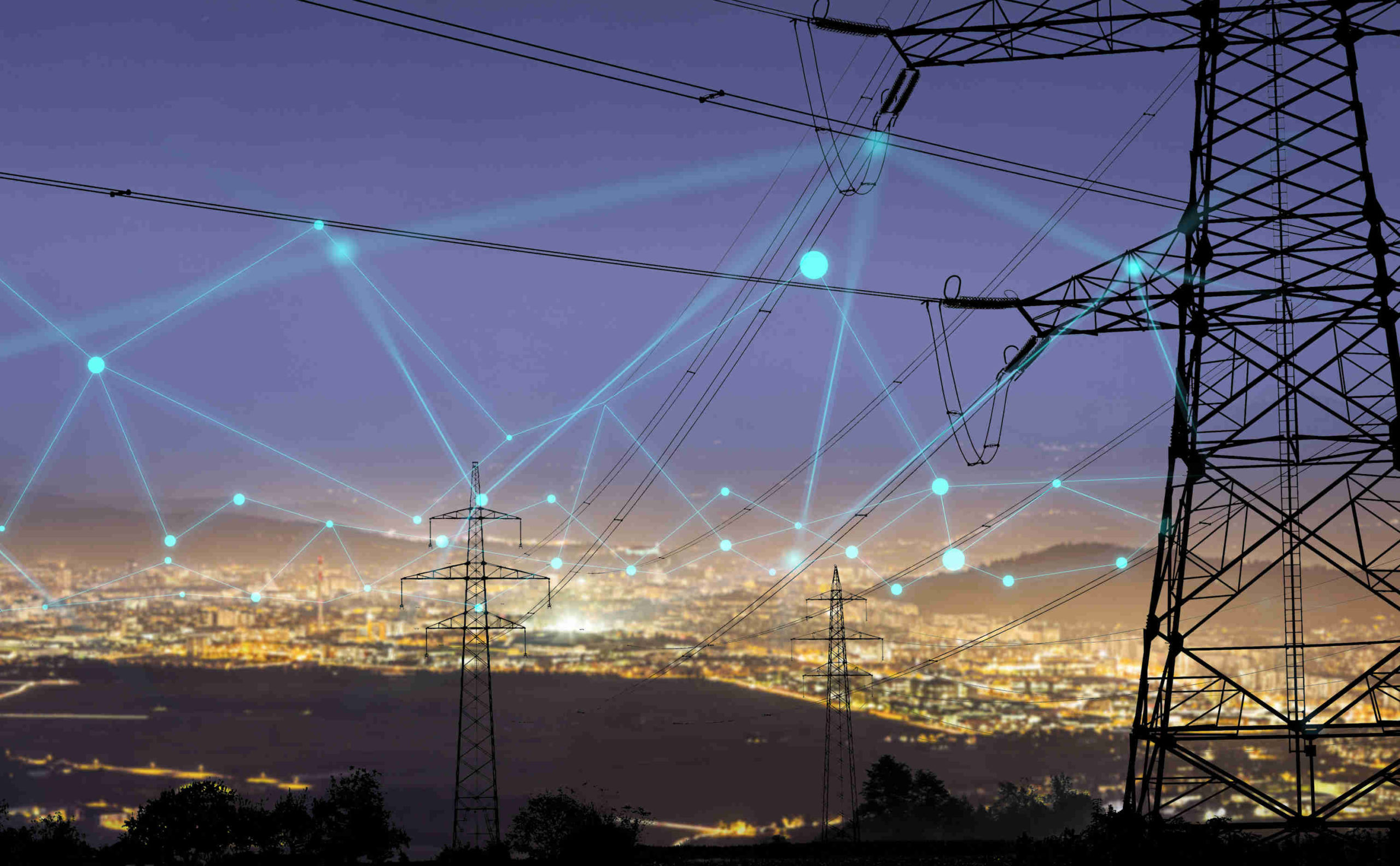Think our lives have been disrupted by Covid? We’re living in Paradise compared with life without enough skilled trade workers to build and maintain the mechanical systems our modern world depends on. Do you really want to go back to a time when wood stoves were the only way to keep warm in winter and your own sweat the only mechanism to cool down on scorching summer days? Do you want to return to the days of outhouses on frigid nights and daily treks to distant wells for fresh water? Oh, and try managing your present lifestyle without electricity.
This bleak scenario is not entirely unimaginable. Klein Tools, a hand tool manufacturer, and The Accelerate Group, a consulting firm, recently came out with a study citing a dire need to train and employ more than 250,000 skilled electricians to keep pace with energy demand over the next decade and beyond. Their “Dark by 2050” report outlines a progressively grim reality of unreliable electric power over the next 30 years due to the labor shortage. In just the next decade, the U.S. needs more than a quarter of a million electricians to support and maintain its growing infrastructure. If current trends and projections continue, by 2050 this number will nearly double to around 462,000 electricians. Without them, the maintenance, repair and construction of critical electrical equipment will diminish and impact nearly every aspect of American lives.
Power outages will become more frequent, severe and longer-lasting. With a limited number of electricians to go around, preventive maintenance and upgrades will get waylaid by emergency repairs. When natural disasters such as storms, fires, hurricanes and tornadoes strike, entire regions will go without power for weeks.
By 2050, businesses and homeowners should expect to wait weeks or even months for basic repairs, as work requests pile up for the few skilled technicians who know how to fix faulty equipment. Heavy machinery that is dependent on the electrical grid will be in frequent need of repair or replacement. Many businesses will have to shut down until their equipment is back online, which means laying off workers. Our economy would likely suffer another Great Depression.
Between 2030 and 2040, the lack of an electrical workforce will affect critical public facilities and organizations, such as police and fire departments, public works, hospitals, schools, airports and more. Lengthier outages ultimately will mean that many Americans will face life without heat, air conditioning, and even food and water due to supply chain disruptions and water pumping stations going offline. Everyday luxuries like mobile phones will be rendered virtually unusable as charging capacity becomes scarce in the dark days scenario.
It’s not only electricians that are in short supply. Employers are also begging for plumbers and HVAC technicians.
Here’s a simple lesson I learned taking Economics 101 in college. When labor of any kind is in short supply, wages and benefits go up as employers compete for those valuable human resources. This means you are living in an era when exploring the trades makes enormous sense.

